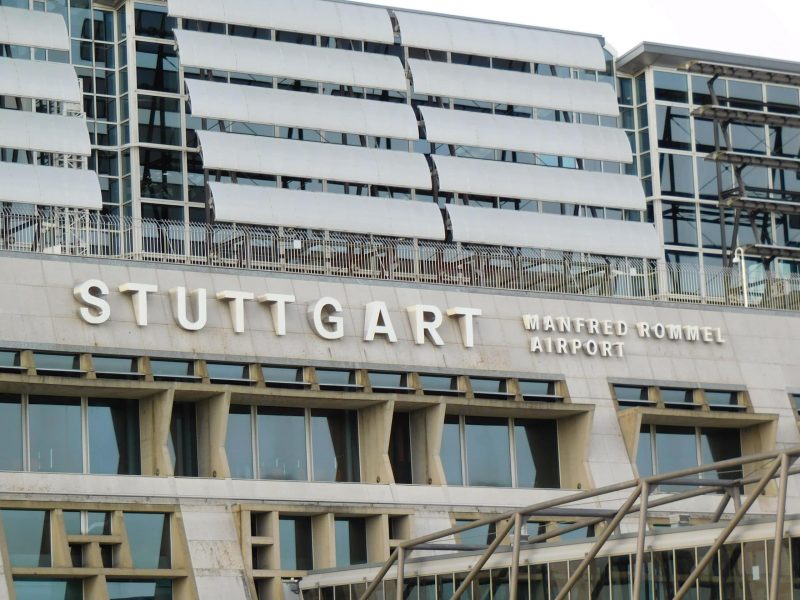In order to achieve the climate goals it has set itself, Stuttgart Airport will have to invest around 2040 billion euros by 2,4. Managing director Walter Schoefer announces that work is being done to ensure that the carbon dioxide emissions of the infrastructure are reduced to zero within the next 1,5 years.
In December 2021, the airport committed itself to bringing forward its original net zero target by ten years to 2040 – analogous to the climate protection target of the state of Baden-Württemberg. "The state government has stipulated in the coalition agreement that the STR will be developed into the first climate-neutral airport in Germany," says Winfried Hermann MdL, Minister of Transport for the state of Baden-Württemberg and Chairman of the FSG Supervisory Board. “It is important to everyone involved that this is achieved with climate-friendly measures and not with compensation certificates. Stuttgart Airport is therefore planning to avoid or reduce almost all of its emissions. Our holistic climate protection concept provides that buildings in particular are energetically upgraded or solar systems are installed. However, this refurbishment and modernization concept will require considerable investment funds over the next 18 years.” FSG Managing Director Ulrich Heppe adds: “We are currently working at full speed on a financing concept. We now know what the path to the climate target will cost us and when we have to make which investments.”
An essential part of achieving these goals is that you want to rely more on the generation of electricity from solar power. The Fraunhofer Institute for Solar Energy Systems ISE accompanied this process. The master plan covers the areas of energy efficiency and generation, smart grids, as well as mobility and transport. According to the calculations, the most important lever for reducing greenhouse gas emissions is the consistent energetic refurbishment of the company buildings. The focus here is on the terminals, some of which are over 30 years old.
"We're becoming a solar airport," says Schoefer. "By 2040 we want to have increased the electricity yield generated by the sun to thirty gigawatt hours." In order to be able to operate the entire energy system efficiently, FSG is building a so-called smart grid - i.e. an intelligent electricity network that combines generation, storage and consumption. A central controller coordinates these optimally with each other and thus compensates for power fluctuations in the network. Vehicle traffic on the STR should also no longer cause greenhouse gas emissions in the future. The further consistent electrification of the airport vehicle fleet and the provision of additional charging infrastructure are planned here.
In an overall comparison, however, airport operations only make a small contribution to greenhouse gas emissions from aviation. Therefore, the STR uses its influence on other players in aviation to advance the technologies for climate-friendly flying.







 trail (for them it's free to use)
trail (for them it's free to use)